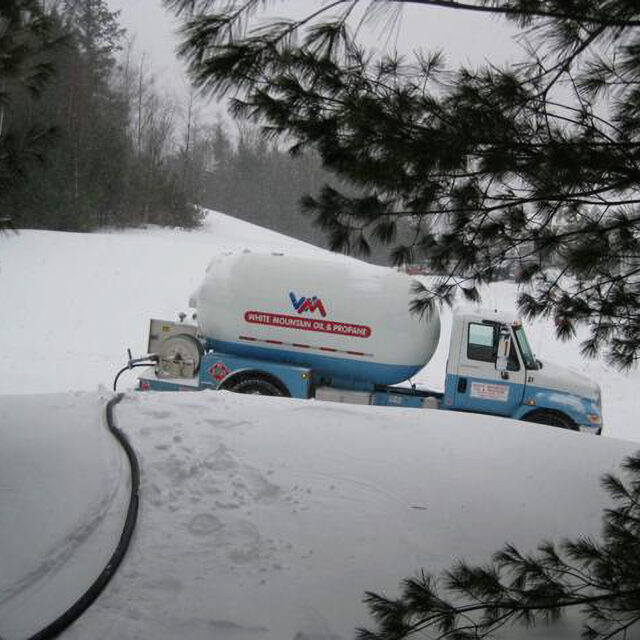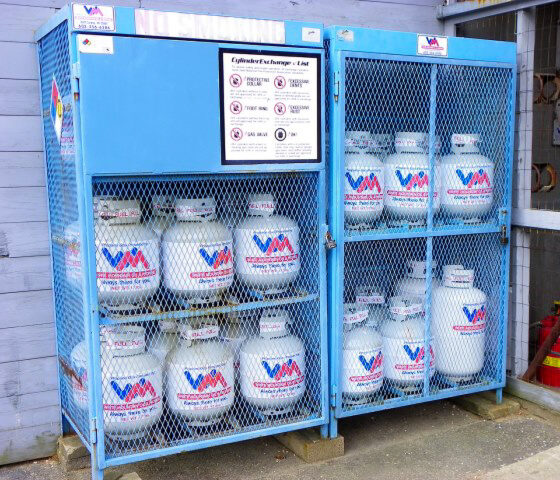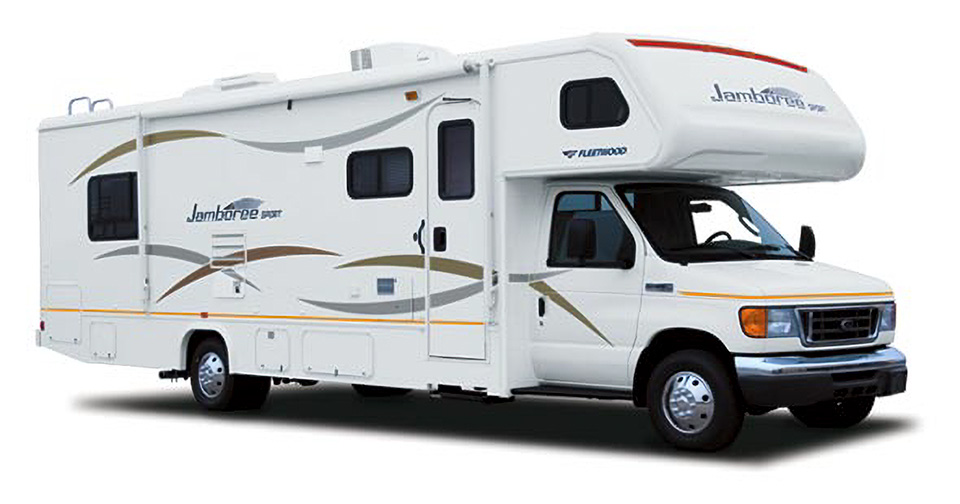Propane for home heating to gas grills and even vehicles, we have you covered.
White Mountain Oil & Propane entered the propane business in the late 1940’s and, since that time, we have been on the forefront of propane innovation in the Mount Washington Valley, our region, and the nation.
Owners, managers, and staff of White Mountain Oil & Propane have served on national propane gas boards and committees, including national technical standards development committees and marketing development teams.
Propane gas, also called LPG or Liquefied Petroleum Gas, is a by-product of the process of refining crude oil and natural gas. Propane gas is primarily a US domestic product and arrives in New Hampshire by rail, ship or truck. There is a massive propane pipeline from Texas to New York which is a primary route for propane gas to the Northeast.
White Mountain Oil & Propane has bulk storage facilities in Conway (NH), Campton (NH), and Fryeburg (ME), from which we serve our many residential and commercial accounts. Propane gas is a clean, reliable, efficient and versatile energy source.

Where Does Propane Come From?
Propane gas is a versatile energy product that can be used as heating and cooking fuel in homes and commercial locations. Propane (LP gas, bottled gas) is used primarily to provide the comforts of gas to users in regions not served by natural gas pipelines. Approximately 80% of the propane consumed in the United States is produced domestically as the result of the refining process of crude oil and natural gas. Of the remaining 20% imported by pipeline, ship, railcar or transport truck, a large percentage comes from western Canada.
Is Propane Gas Safe?
Absolutely, when used properly. Propane gas is colorless and odorless and environmentally benign. An odor is added to propane to alert users of its presence in the rare event of a leak.
How Do I Receive Propane?
By contacting our Sales Department at 1-800-600-4728, option “4”, or contacting us at [email protected] we can help establish your account with our company. A sales representative will then work with you to choose the correct size and location for the propane tank which would service your home. (Propane tanks, meters and pressure regulators are loaned to the consumer and remain the property, and liability, of White Mountain Oil & Propane.)
How should I store small propane cylinders?
- Never store or place a propane cylinder indoors or in an enclosed area such as a basement, garage, shed or tent.
- Never store near excessive heat (120 degrees or higher) or near a stove, fireplace or other heat source. The heat will cause the pressure to build up inside the cylinder and may cause the pressure relief valve to release propane. The heat inside a closed car in the summer can also produce enough heat to trigger this relief.
- Never store or place a spare cylinder under or near a barbecue grill.
- Never smoke around propane cylinders.
I need to have my 20-pound Barbecue cylinder refilled, what should I do?
You can have your cylinder refilled at our Main office in North Conway or you can swap it out for a full one at any number of locations in the Mount Washington Valley. When transporting the cylinder, it should be in a secure and upright position so that it will not fall or shift or roll.
Never leave the cylinder in a hot vehicle or transport in a closed trunk of a vehicle. Always proceed directly to the location you plan to have the cylinder filled/swapped at, and remove it from your vehicle immediately. The law places limits on the number of cylinders you can transport in a closed-bodied vehicle such as a passenger car or van.
What is an overfill prevention device (OPD)?
Make sure your cylinder is equipped with an overfill prevention device (OPD). An OPD is a safety feature that helps prevent small propane cylinders from being overfilled. An overfilled cylinder doesn’t have enough space left if the liquid expands when exposed to warmer temperatures. This can cause an increase in cylinder pressure and create potentially hazardous conditions. Most cylinders with OPD’s have special triangular hand-wheels with the letters “OPD” stamped on them. In many states, cylinders without OPD’s cannot be refilled. White Mountain Oil & Propane will check this feature when refilling your cylinder at our main office.
What should I do with my old or damaged cylinders?
Never use a damaged cylinder or a cylinder that has been in a fire. All cylinders must be inspected before they are refilled. In order to dispose of a damaged cylinder, check with your municipality to see if they will collect them.
Is Propane the same as LPG or Natural Gas?
Yes and no. Propane is the same as LPG which stands for Liquefied Petroleum Gas. It is not the same as Natural Gas which is not available within our service area of New Hampshire and Maine and is more commonly found in Massachusetts, southern NH or southern Maine.
How do you know when to come and fill my propane tank again?
In most instances, we use the Degree Day method. A Degree Day is an average temperature difference subtracted from 65 degrees. It can be calculated for any period such as a day, hour, or minute. Then we make an assumption of how many degree days your specific house would need to remain in its current state (how warm you keep it on average) and over the course of deliveries, the number gets refined. If situations change, such as you put on an addition, install a gas clothes dryer, have additional people move into your home, or add insulation to your home, then the degree days can change. It is important to let us know of changes to your living situation that could impact your fuel consumption.
In other words, it’s a method of measuring consumption over time, like “miles per gallon” in your vehicle. Our system learns how many “gallons per degrees of temperature” your home or business is expected to use. As it gets colder, it prompts us to come more often.
What is the ‘Compliance Charge’ or ‘Meter Charge’ on my bill?
The Compliance Charge or Meter Charge represents a portion of our cost overhead necessary to meet the requirements of regulatory mandates imposed by federal, state, and local governments. In recent years there has been a steady increase of regulatory and reporting requirements by over a dozen authorities.
The following are just a few of the mandatory requirements affecting the fuel industry:
- Federal Motor Carrier Safety regulation compliance
- Employee training & driver qualification
- Hazardous material training & certification
- Required professional licensing
- Tier 1 & Tier 2 reporting
- Environmental protection regulation compliance
- Equipment testing/inspection
- Inventory and price reporting to governmental agencies
- Mobile and fixed remote shut-down system
- S.H.A. hazardous communication compliance
- Delivery vehicle inspections
- Drug and alcohol testing
- Emergency planning & response
For more information, please click on the Compliance Charge or Meter Charge links.

 20-pound BBQ cylinder refill location
20-pound BBQ cylinder refill location